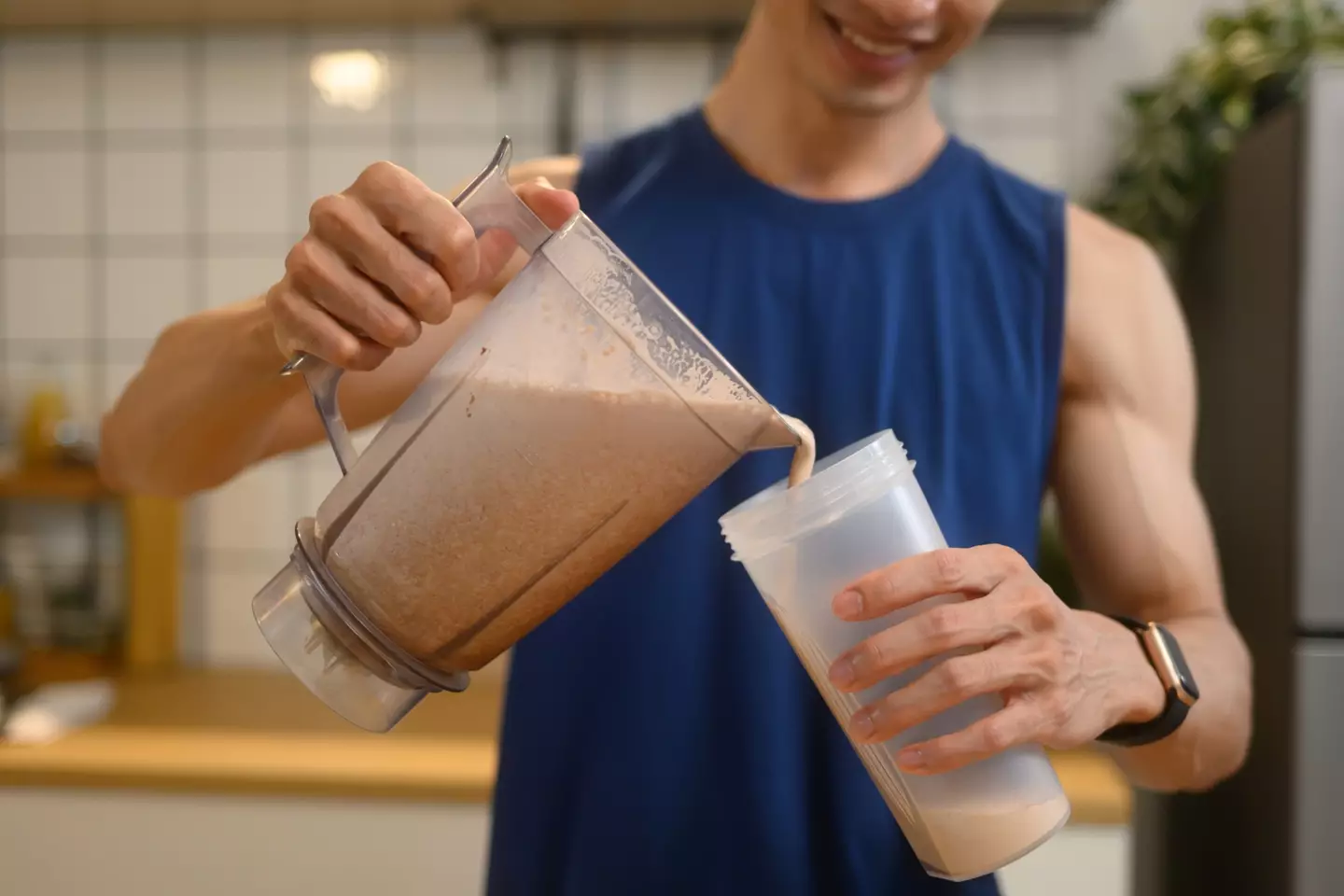
Harvard scientists have revealed how much protein we should actually be eating in a day, after concerns that protein popularity could encourage people to consume too much.
Let's get one thing straight - protein is essential for life.
Awareness of the macronutrient has soared in popularity over the last few years, for many different reasons.
Protein has lots of health benefits, it's particularly important for growth, development, and tissue repair.
Advert
It plays a key role in preserving muscle mass and strength, particularly as people get older.
Some have used high protein diets to improve their metabolism, making it easier to lose excess weight.
However, this isn't a robust method.

And experts from Harvard University are now warning that amid the protein trend, people could actually be consuming too much than they need in one day.
They warn how, in short, too much protein can be 'harmful'.
"As with most things in life, there can be too much of a good thing and if you eat too much protein, there may be a price to pay," an article on Harvard's website explains.
"For example, people that eat very high protein diets have a higher risk of kidney stones. Also a high protein diet that contains lots of red meat and higher amounts of saturated fat might lead to a higher risk of heart disease and colon cancer, while another high protein diet rich in plant-based proteins may not carry similar risks."
As for how much is too much, they admitted it's 'hard' to provide a specific answer as so much is still uncertain and the experts themselves don't agree'.
However, for the average healthy person who is not an elite athlete or a body builder, it's 'probably best to keep total protein intake to no more than 2 gm/kg of ideal body weight; that would be about 125 grams/day for a 140-pound person with a normal body mass index (BMI)'.

4 top protein tips
They also shared four top tips for those who want to maintain a healthy high protein diet, including: speaking to your doctor about whether or not you have any health conditions - such as kidney disease - that might make it a risky diet; getting protein from 'healthy sources' like low-fat dairy products, fish, nuts and beans, lean chicken and turkey, while also avoiding proteins sources that contain highly process carbohydrates and saturated fat; spreading your protein consumption across all your meals throughout the day; and choosing a well-balanced diet that includes lots of vegetables, fruits, and fibre, with the the Mediterranean diet and the DASH diet seen as 'good starting points'.
